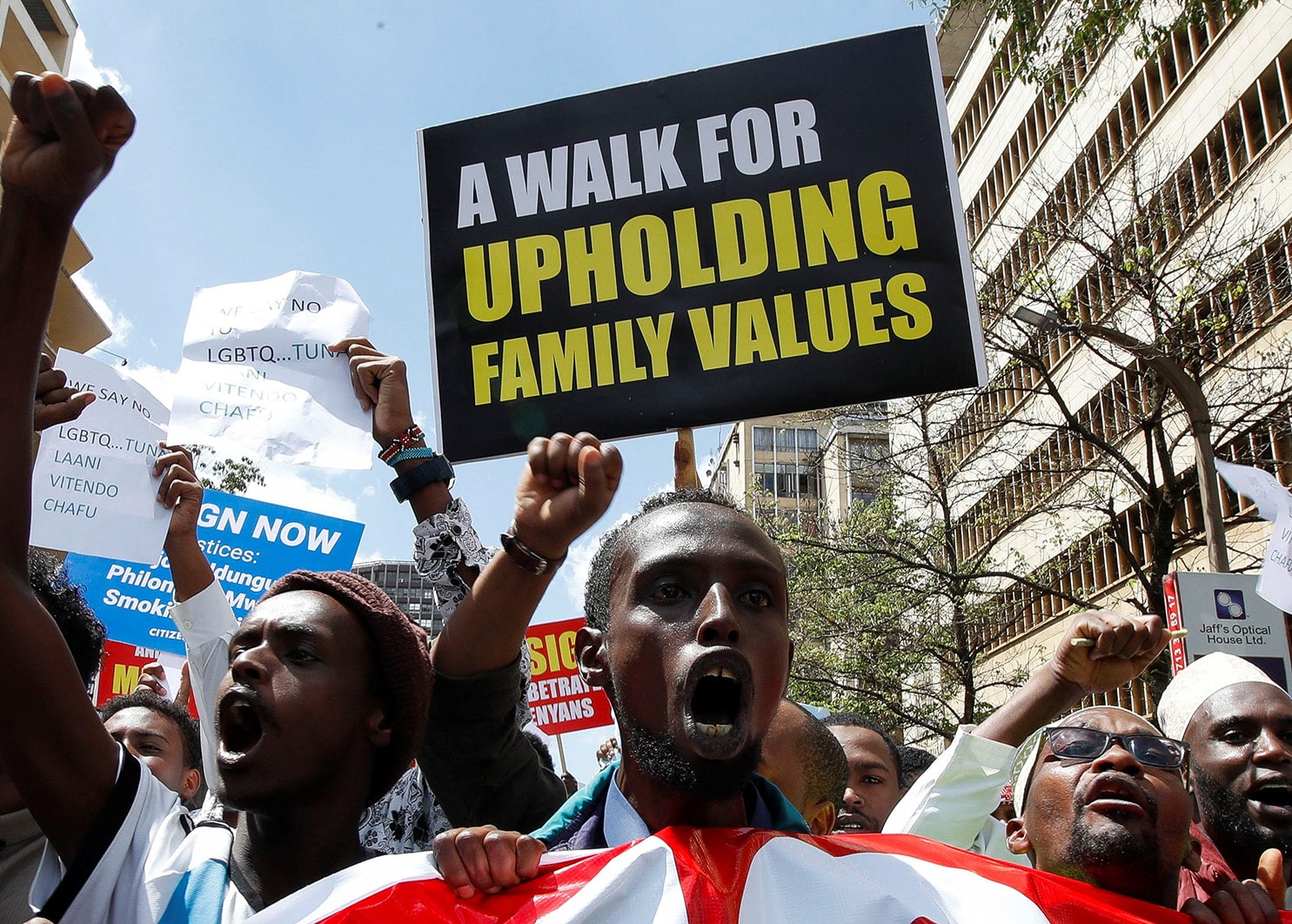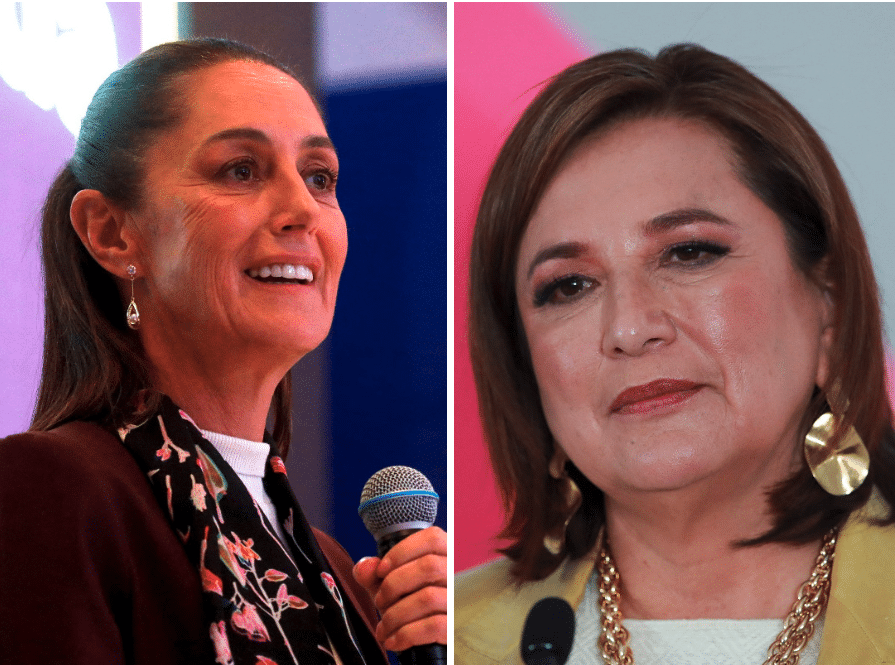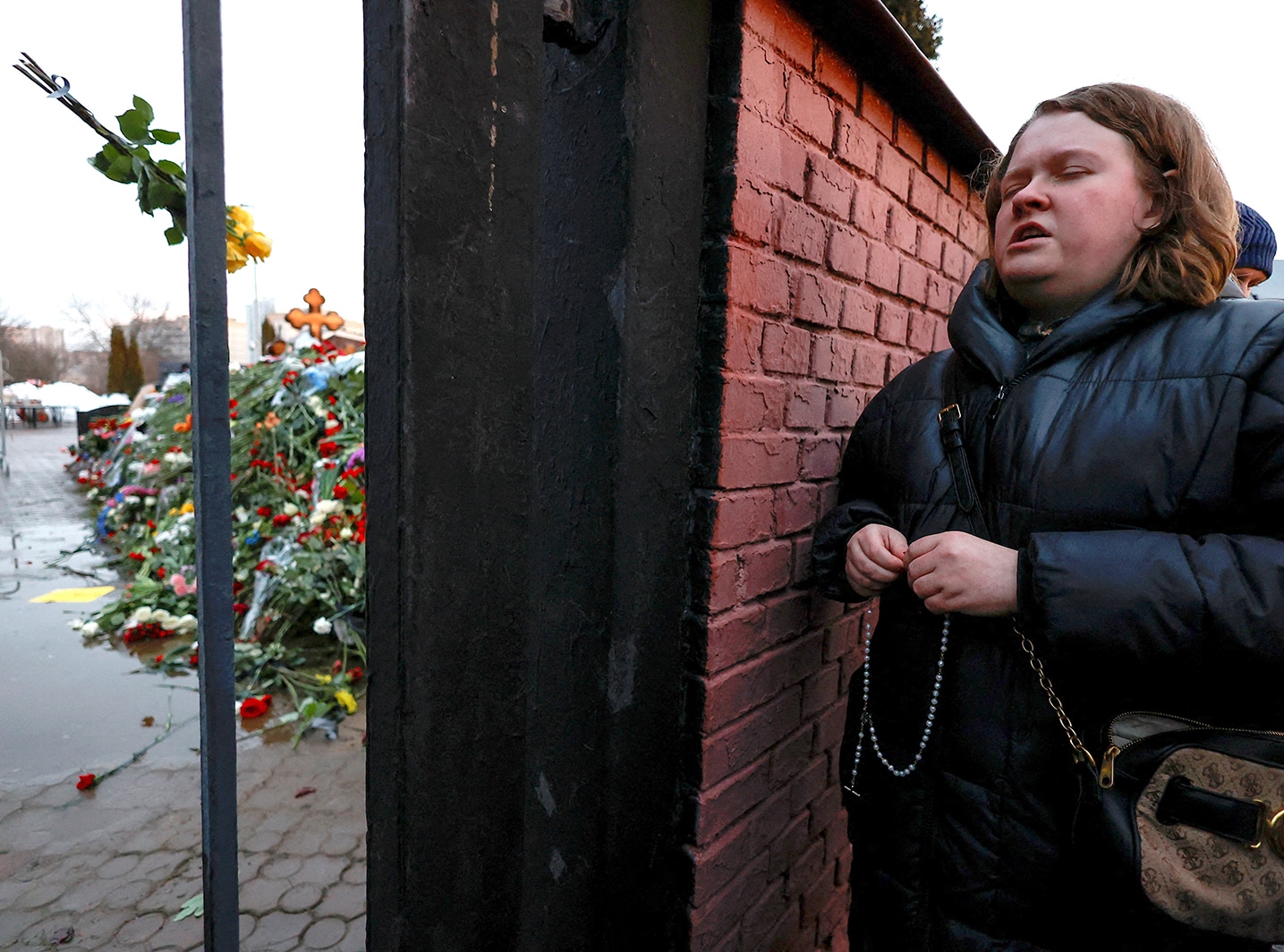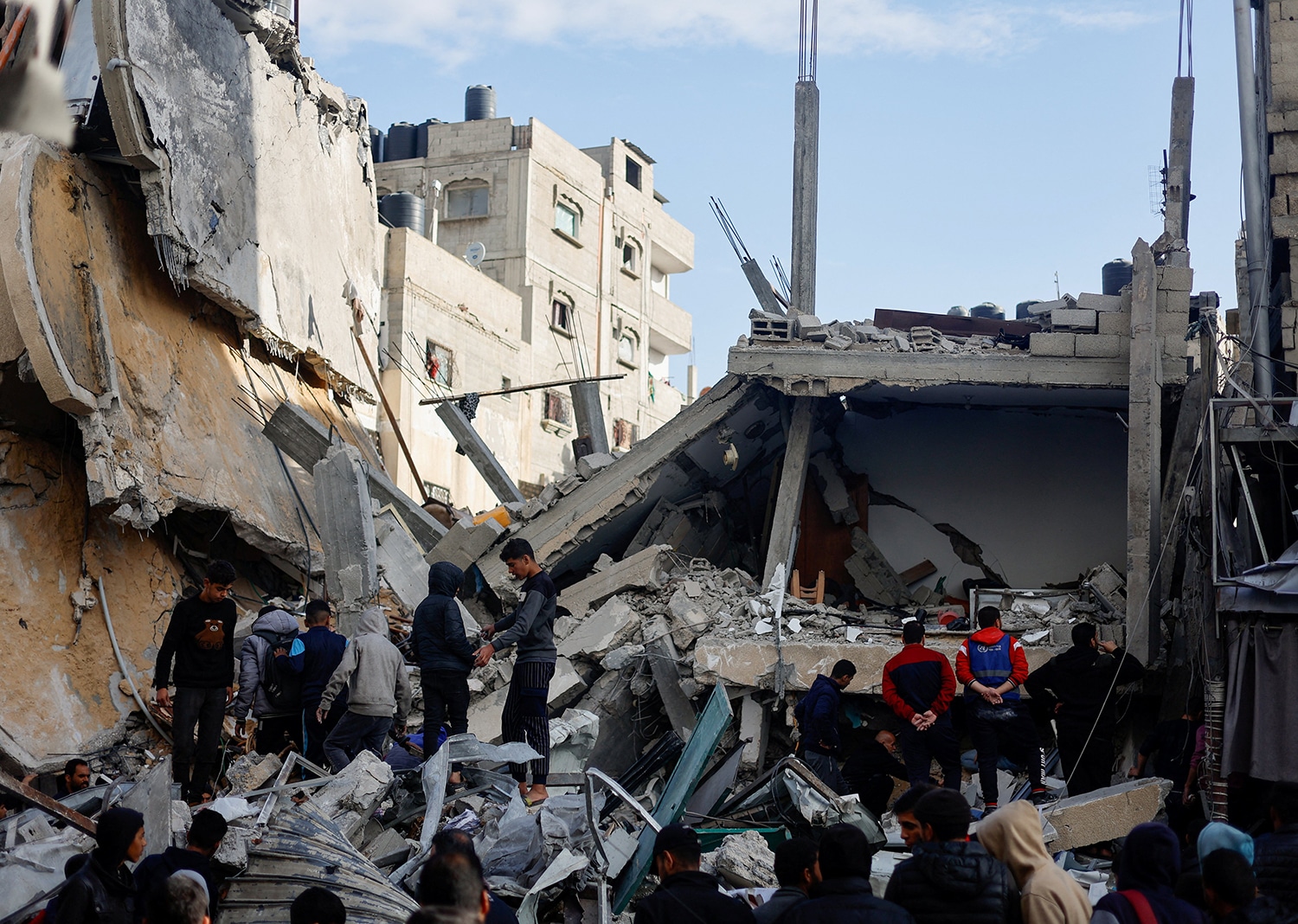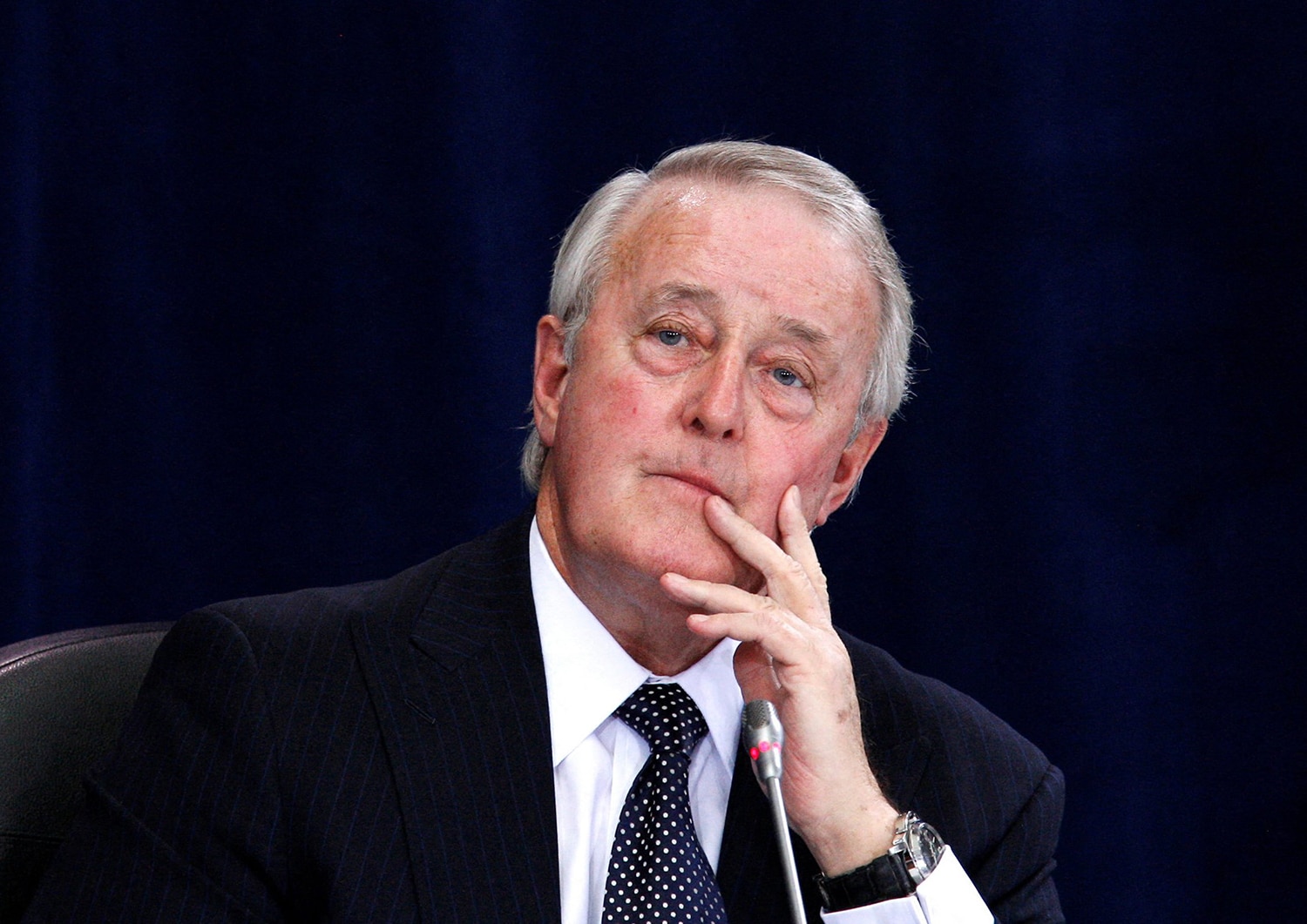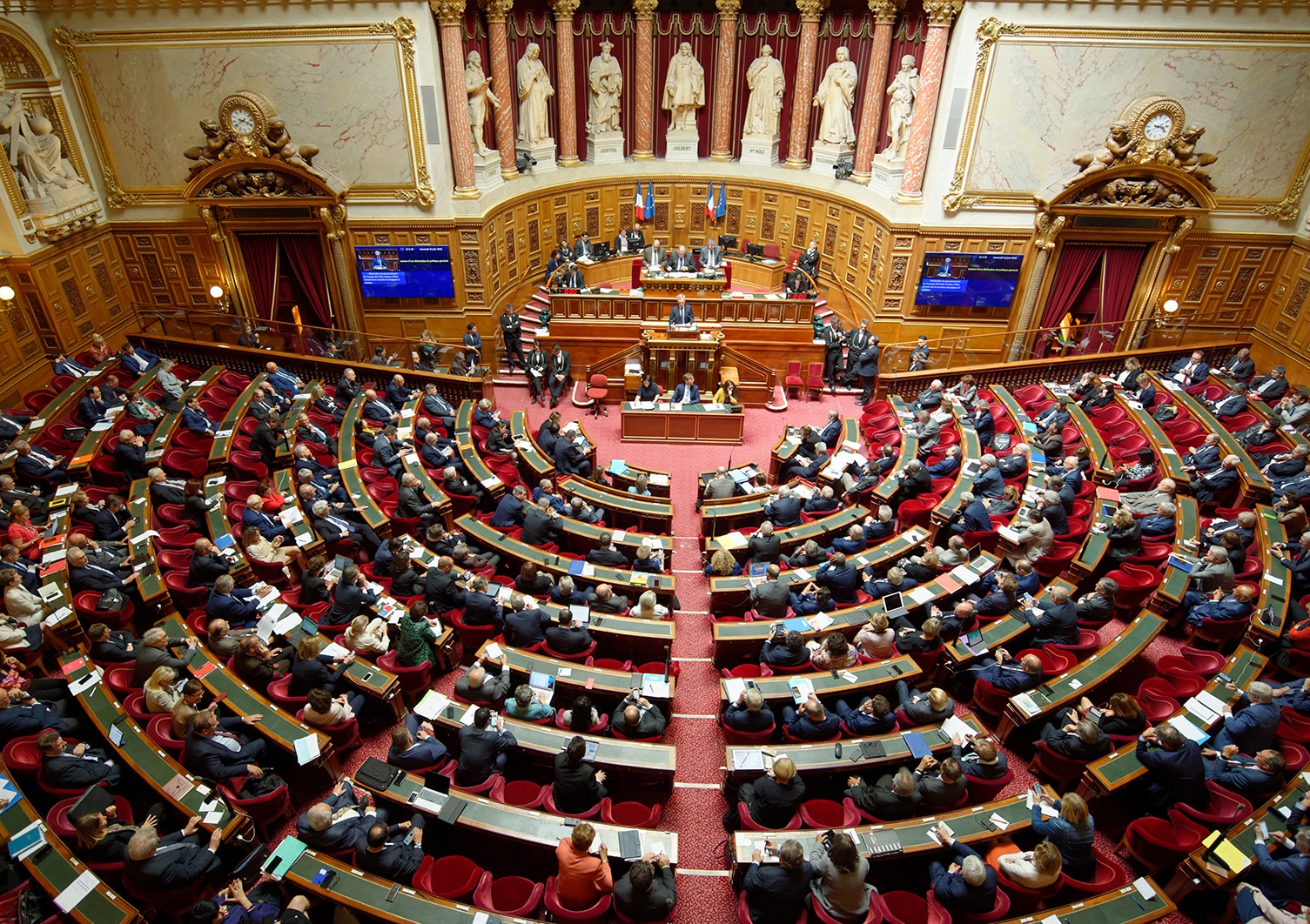NAIROBI, Kenya (OSV News) — A Catholic bishop in Kenya urged wider discussions on homosexuality, as some religious leaders demand a crackdown on LGBTQ activities in the East African nation.
Christian and Muslim leaders Feb. 1 urged Kenya’s president to take a strong stand against homosexuality to protect the people’s “religious, cultural, and traditional ideals,” the statement said.
Anti-LGTBQ laws are common across Africa, with Ghana’s parliament passing a bill Feb. 28 that imposes a prison sentence of up to three years for anyone convicted of identifying as LGBTQ and a maximum five-year jail term for forming or funding LGBTQ groups.
The latest sign of growing opposition to same-sex groups in African culture also may give a glimpse into why the declaration “Fiducia Supplicans” (“Supplicating Trust”) on “the pastoral meaning of blessings” was so widely rejected on the African continent.
Gay sex is already against the law in Ghana — it carries a three-year prison sentence. Half of the continent’s countries impose some kind of penalty for gay sex, ranging from imposing the death penalty in four African countries to handing down prison sentences in most of northern and eastern Africa. In December, Burundi’s President Evariste Ndayishimiye said in a radio broadcast that he asked Burundians living abroad who practice homosexuality “not to return home,” The Associated Press reported.
Meanwhile, religious leaders who protested in Nairobi against “a subtle growth of activities by groups and organizations promoting” an LGBTQ “agenda” pointed to the Kenyan president saying that Uganda and Tanzania had “shown the way in their unequivocal stand against these evils.”
Uganda’s anti-LGBTQ law prescribes the death penalty for certain homosexual acts, while same-sex activity in Tanzania can earn one a life sentence.
Homosexuality is illegal in Kenya, but Kenyan Bishop Peter Kihara Kariuki of Marsabit urged public participation and consultations to gauge the people’s feelings and where they stand on the issue before any further actions are taken or any new laws made.
A ‘culture of silence’
“This is the time for Kenya to have discussions on LGBTQ issues before any law is signed or any classroom teaching is embraced and put before the children,” Bishop Kariuki told OSV News. “There should be an amicable understanding of what is wanted, what is acceptable and what is not.”
“Our culture of silence or putting things aside, because we do not speak about those issues … will make them go underground, only to eat what we are supposed to be protecting,” added the bishop.
Charles Kanjama, a Catholic lawyer and chairman of Kenya Christian Professional Forum, is less prone to consultations and urged President William Ruto Feb. 1 to keep “his pledge against LGBTQ activities in the country.”
In the religious leaders’ statement, Kanjama and other signatories said “we will not remain silent, we will always be vigilant and soldier on in fighting for the protection of family values from the evil machinations. This remains our commitment,” they said.
In a petition sent to the parliament, Christian and Muslim leaders urged the legislators to “inquire into the proliferation of LGBTQ” activities over the last 10 years. They cited “persistent, well-choreographed and well … funded attempts” by LGBTQ activists to change the laws banning homosexuality.
The leaders also pointed to the education sector in Kenya, saying some grade 4 books and study materials contained LGBTQ material.
“This is an affront on future generations and seeks to further confuse and mislead our young children,” said the petition.
No same sex blessings
The latest debate is only a drop in the ocean of cultural contexts in Africa, where the bishops rejected papal declaration “Fiducia Supplicans.”
Citing cultural differences and doctrinal confusion, the bishops’ conferences across Africa ruled that same-sex blessings will not be carried out in the continent.
“Fiducia Supplicans” issued Dec. 18, 2023, stated that Catholic priests could bless a same-sex or other unmarried couple. However, it cannot be a formal liturgical blessing, nor give the impression that the Church is blessing the union as if it were a marriage.
Among the first to oppose the document’s guidelines were the bishops of Malawi. The day after the Vatican declaration was published, the Malawian bishops’ conference banned the blessing of same-sex couples to “avoid confusion among the faithful.”
“The declaration … should be rejected in totality and we Catholics uphold the Gospel teaching and Catholic traditional teachings on marriage and sexuality,” Bishop Paul Kariuki Njiru of Wote, Kenya, said in a letter to men and women religious Dec. 27, 2023.
Earlier, Archbishop Martin Kuvuva Musonde of Mombasa, president of the Kenyan bishops’ conference, said the Church was very clear on family and marriage.
Bishop Kariuki of Marsabit agreed that the document had not changed the teaching of the Church on the family.
“(The pope) was only saying that there are blessings, not like those we do in the church, it is a social kind of attention, like … a child telling the father or mother, ‘Bless me, as I go, so that I can be safe,'” said Bishop Kariuki.
“This mother, this father are not priests, but because they are the parent, before God, the child seeks for a blessing. These kinds of blessings are not related in any way to LGBT or even gender,” he said. “That is what the pope meant; to start looking at cultural expressions in a positive way.”
Father Stephen Njure, a lecturer at the department of philosophy, religion and theology at Moi University in western Kenya, said when it came to embracing the LGBTQ community, the Church is explicit on its conduct.
“Sexuality is a gift from God and it is like God wanted people to participate in his creative work,” he said, adding that when sexuality is separated from that kind of intention, “and it is left to be gratification of human whims, then it actually goes against God’s will,” said Father Njure, a priest of Eldoret Diocese.
The reaction to “Fiducia Supplicans” by several bishops’ conferences around the world prompted the Dicastery for the Doctrine of the Faith to issue a clarification Jan. 4 signed by Cardinal Víctor Manuel Fernández, the prefect, and Msgr. Armando Matteo, secretary of the dicastery’s doctrinal section.
Calling the negative statements by some bishops’ conferences as “understandable,” the dicastery said the statements “cannot be interpreted as doctrinal opposition, because the document is clear and definitive” on the Church’s teaching on marriage and sexuality.
The dicastery also said that cultural considerations must be made when applying the declaration’s proposal, especially in countries where homosexuality is outlawed.

